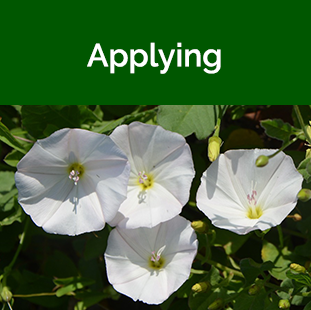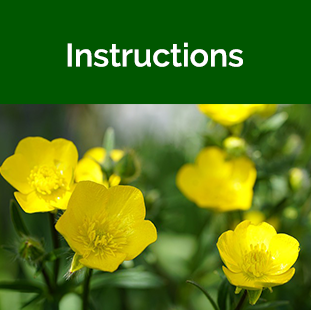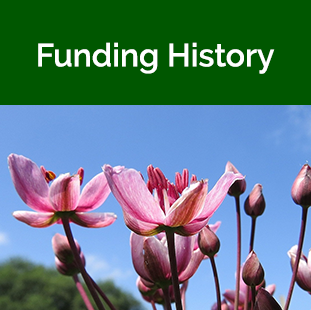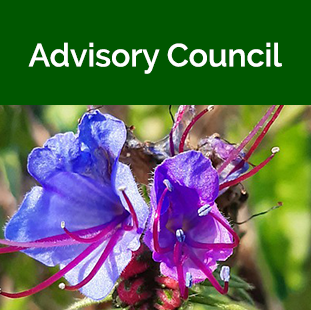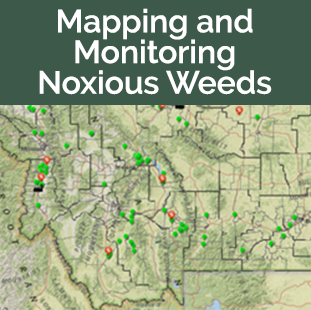Montana Noxious Weed Trust Fund (NWTF) Grant Program
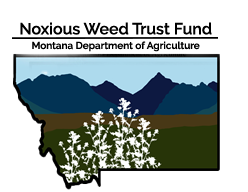
The Montana Noxious Weed Trust Fund (NWTF) Grant Program was established by the 1985 Montana Legislature to provide funding for the noxious weed research projects, state and community education/development projects, and local cooperative - landowner cost share. Applicants may apply for funding up to $75,000 per project. Additional information can be found in the Grant Guidelines or use the menu above for information on Applying, Instructions, Funding History, and the Advisory Council.
If you know someone interested in this grant program, please print and distribute the 2018 brochure.
Upcoming Meetings/Trainings/Conference:
Montana Noxious Weed Control Association Annual Conference
February 9-12, 2026
Location: Billings Convention Center 1223 Mullowney Ln, Billings, MT 59101
Details: mtweed.org
NOXIOUS WEED MANAGEMENT ADVISORY COUNCIL
Business Meeting/Grant Hearings
March 9-12, 2026
Location: Capital Room; Delta Hotel Helena
Business Meeting Agenda/Grant Hearing Agenda
Zoom Meeting Information
July TBD site tours
Location: Missoula, MT
Agenda
Zoom Meeting Information
Upcoming Important Dates:
March 9-12, 2026 - Noxious Weed Trust Fund Grant Hearings, Delta Hotel Helena Hearing Agenda
April, 2026 - Distribution of FY26 Grant awards
April, 2026 - Education, Development, and Research Grants Status Reports Due
September/October 2026 – Lunch and Lunch Grant Writing Sessions
November 30, 2026 - Status Reports due for open Noxious Weed Trust Fund Grants / Final Status Reports due FY26 County/Reservation Program Grants $7,500
Funding Opportunities Currently Available:
Funding Opportunities for 2026 have closed, and those for 2027 will open in September, 2026.
For more information visit the Applying webpage and Grant Guidelines at the top of the page or contact Greta Dige at greta.dige@mt.gov
Checkout the Montana Conservation Menu to browse possible funding options while waiting for the next cycle application to open up.
News
General Files and Resources
- Grant Guidelines
- Application for Noxious Weed Management Advisory Council Appointment
- Noxious Weed Trust Fund Important Dates & Information
- Noxious Weed Trust Fund Brochure
- Montana Noxious Weed Management Plan (Updated 2017)
- Current State Bid: Agricultural Chemicals
- Montana Department of Agriculture Noxious Weed Program 2019 Summary
- User Guide for EDDMapS Pro (Updated 2020)
Montana Rules and Code: Noxious Weeds

MCA 80-7-8: Noxious Weed Management Funding
4.5.1 ARM: Noxious Weed Management

